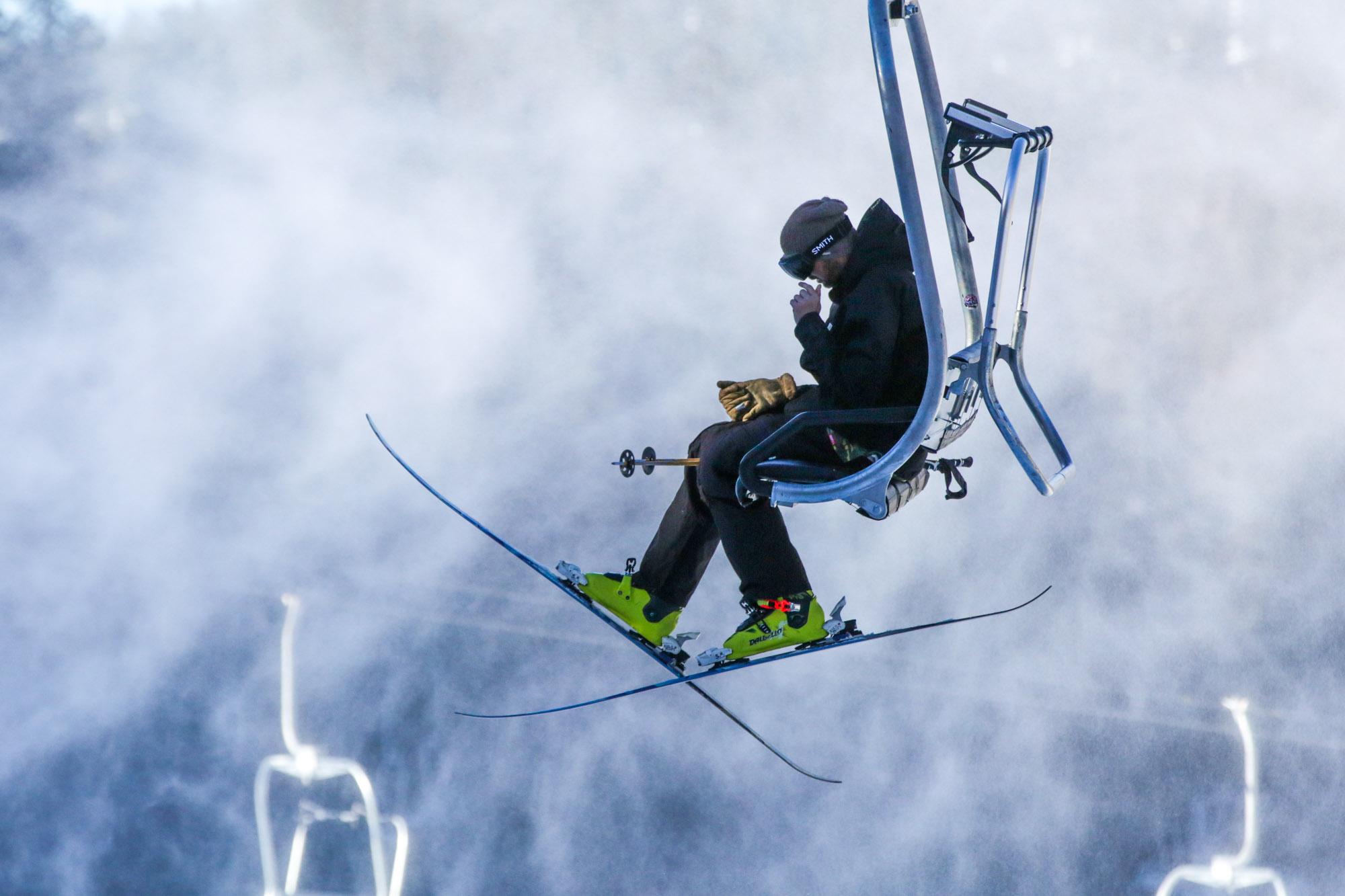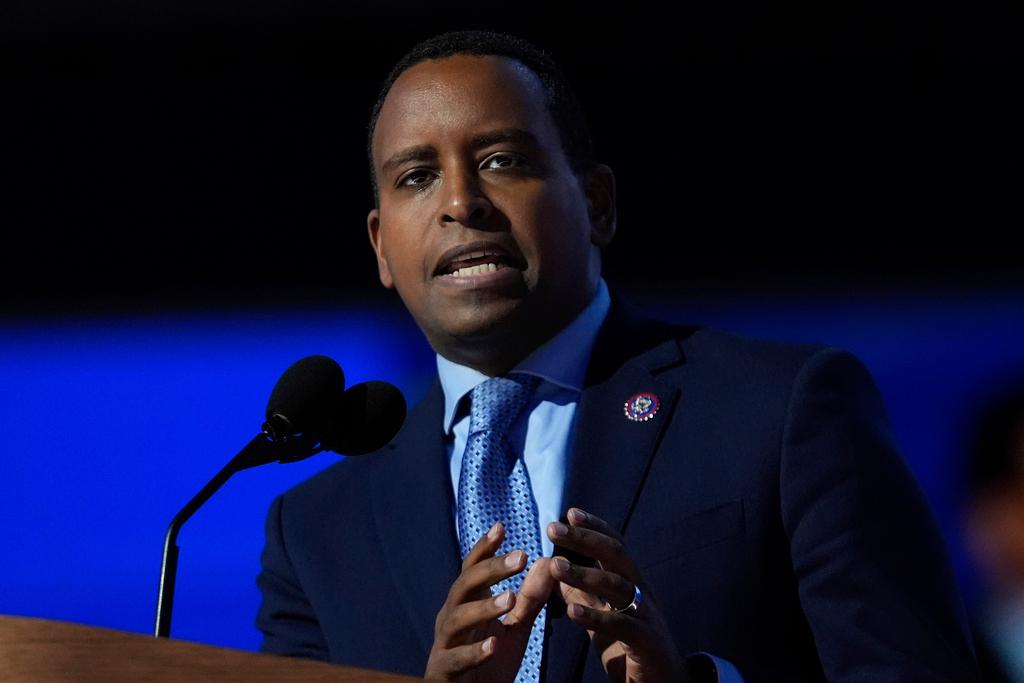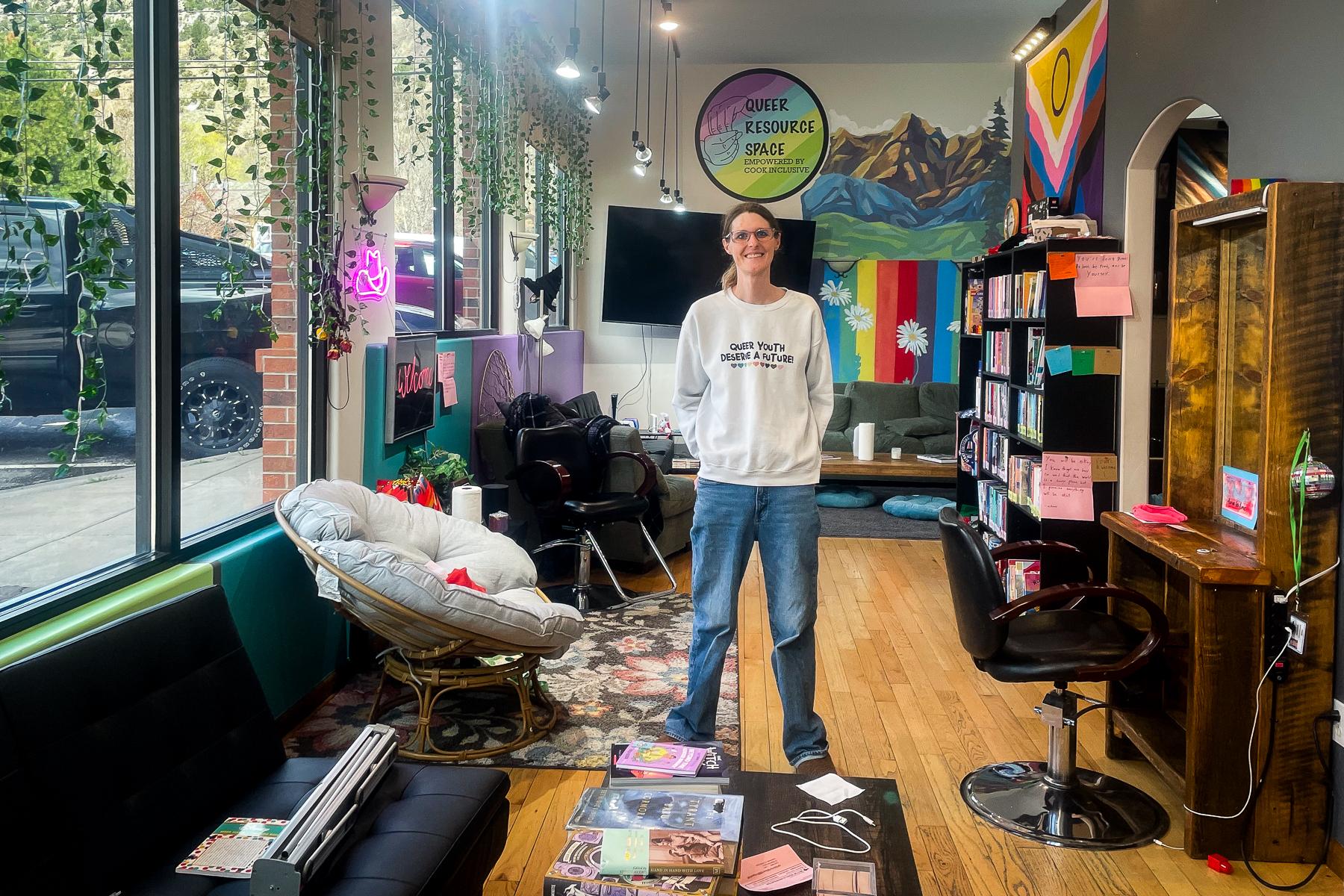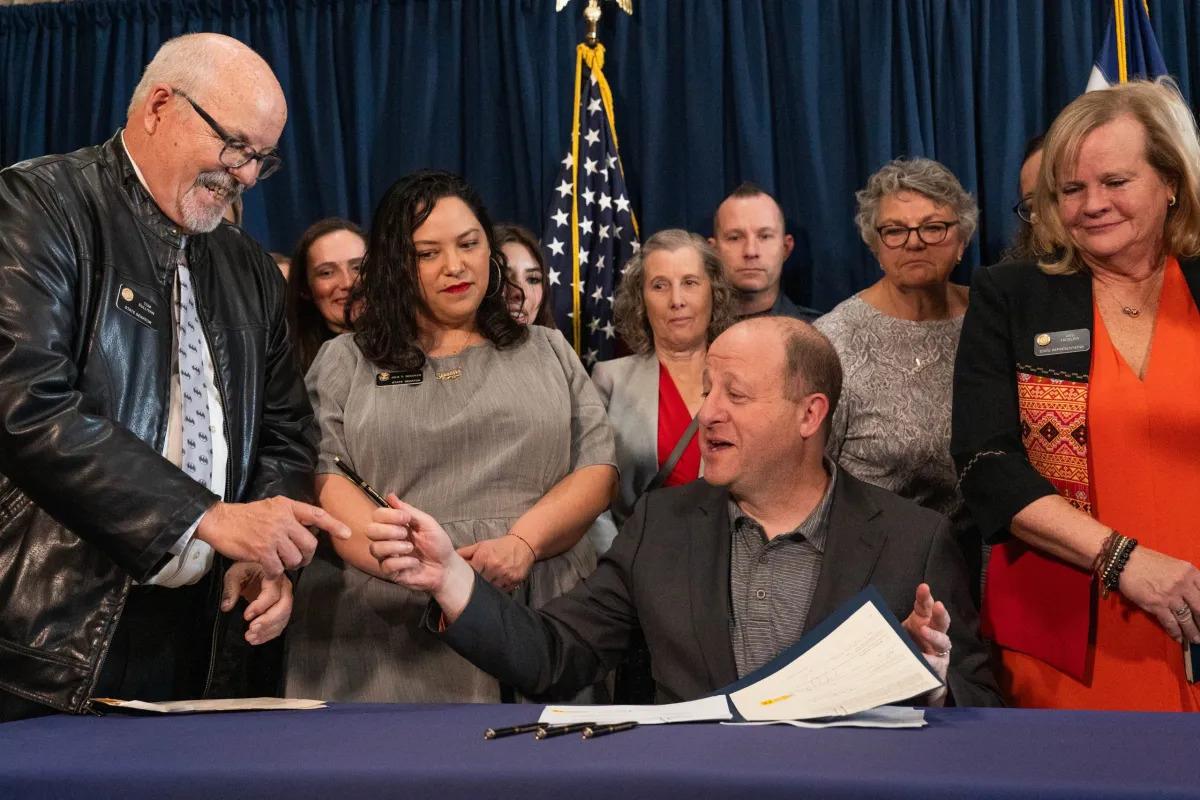
The Colorado Supreme Court has ruled 5-2 that ski areas are not always protected by liability waivers if there is a violation of state law.
The ruling came in a case brought against Crested Butte Mountain Resort over the common waivers skiers and snowboarders agree to in order to use the slopes as well as two Colorado laws: the Ski Safety Act of 1979 and the Passenger Tramway Safety Act.
Michael Miller and his daughter, Annie, sued the resort for negligence after Annie was paralyzed falling from a chairlift in 2022. She tried to get on the Paradise Express chairlift but couldn’t get seated. She attempted to hang on but she was not able to get onto the seat despite her father’s attempts to hold onto her.
According to the ruling, the resort violated state laws when employees failed to stop the chairlift. However, the Supreme Court did not rule on the question of negligence. Instead, justices sent the case back to a district court to consider parts of the negligence claim.
Mr. Miller, along with people on the lift and in line, had yelled for the lift to be stopped, but it dragged Annie into the air “without slowing or stopping,” according to the ruling.
“Miller alleges that there was no lift attendant or operator present,” the decision states. “As a result, the lift continued to ascend with Annie hanging from the chair and Miller continuing to scream for someone to stop the lift.”
The chair continued to move up the mountain with both Mr. Miller and Annie holding on. She would eventually fall 30 feet and land on her back, paralyzing her.
The Millers had agreed to the liability waiver that Crested Butte, as part of Vail Resorts, makes a standard part of its Epic Pass purchases.
Among other things, the waiver states, “I expressly acknowledge and assume all additional risks and dangers that may result in property damage, physical injury and/or death… including but not limited to... the negligence or failure of Participant, Ski Area employees, or other guests to act safely… misloading, entanglements, or falls from ski lifts.”
The state Supreme Court’s decision partially overturned a lower court ruling that had dismissed the claim.
“We conclude that Crested Butte may not absolve itself, by way of private release agreements, of liability for violations of the statutory and regulatory duties on which Miller’s negligence per se claim is based. Accordingly, the district court erred in dismissing that claim,” the justices ruled in sending the case back to a lower court for consideration.









